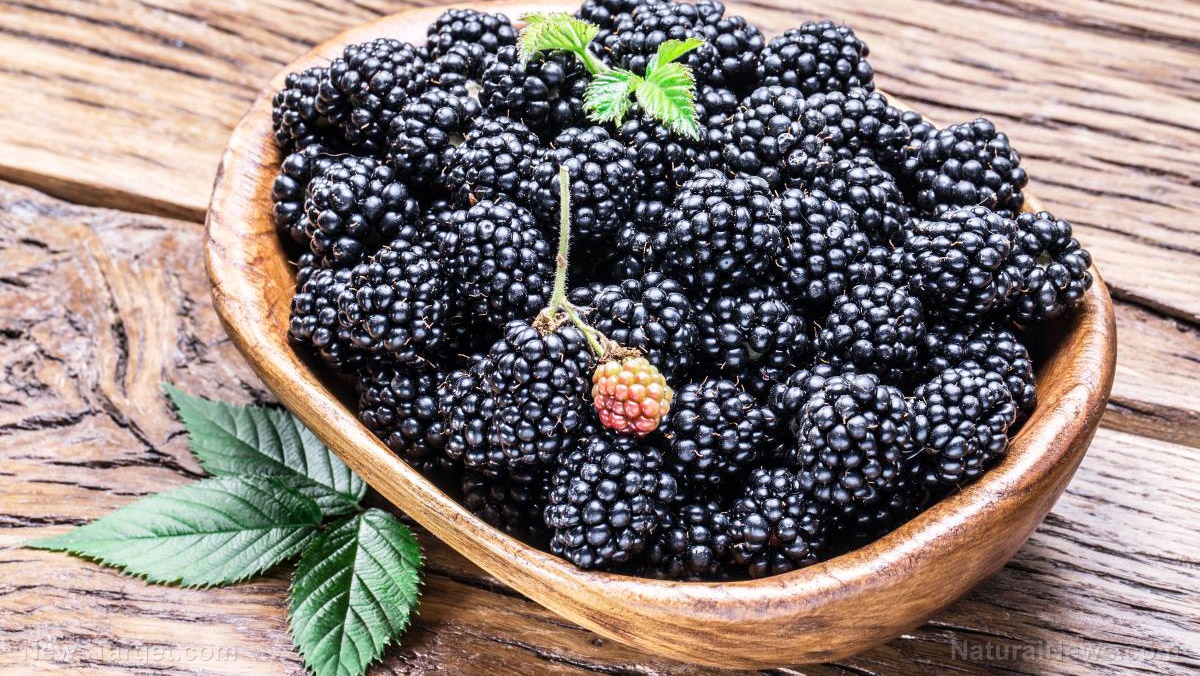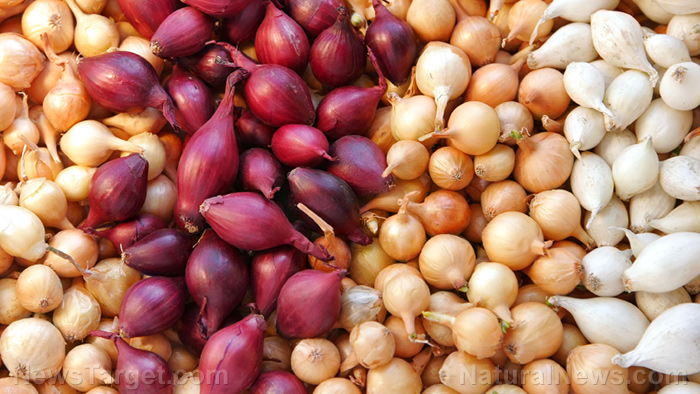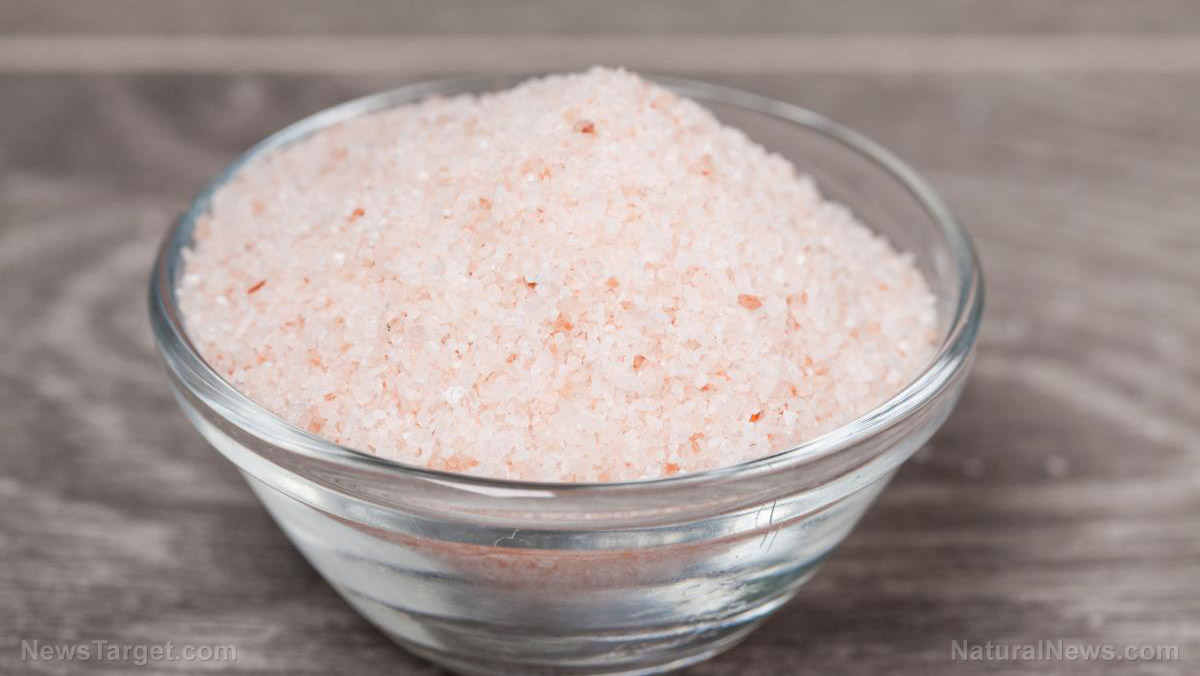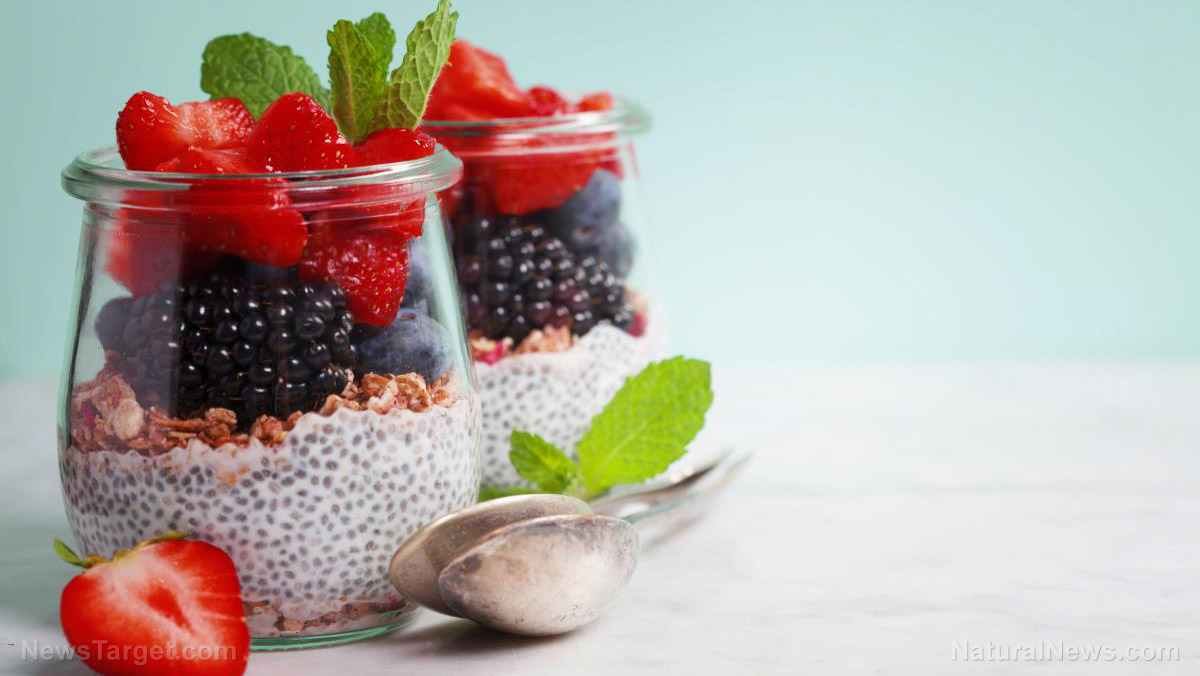Consumer concern rising: Research shows consumers are willing to pay more for organic food
01/18/2018 / By Russel Davis

Consumers appeared to be more willing to spend additional dollars on organic food products, and value organic purity in making purchasing decisions, according to a study published in the Journal of Agrobiotechnology Management & Economics. A team of researchers at the Iowa State University enrolled 129 adults aged 18 to 65 years old as part of the study. The cohort population had a mean age of 8 years, a mean education of 17 years, and an average annual per-capita household income of up to $30,530.
The experiment was conducted in a way that resembled an auction, where the participants were instructed to bid for one unit of each of three target commodities that included one unit of whole bean Arabica French roast coffee, one unit of U.S. Grade A dark amber maple syrup and one unit of cold-pressed extra virgin olive oil. The three products were the only ones that carried a “100% organic” label from the U.S. Department of Agriculture. The other commodities, which were labeled conventional products, served as the controls.
The researchers observed that consumers were willing to pay nearly $2 more on organic coffee, $4 more on Grade A maple syrup and $2.5 more on cold-pressed extra virgin olive oil compared with conventional products. The consumers were also more willing to spend on products with higher organic purity compared with conventional commodities, researchers said.
“Consumers who had more education, were a college student, were a member of an environmental group, or were from a household with higher per-capita income were willing to pay significantly higher premiums for organic relative to conventional products,” the researchers said in an AgBioForum.org entry.
However, the research team cautioned that the challenges in producing and monitoring organic produce may inhibited the market from gaining a boon.
“Given that it costs significantly more to produce, handle, monitor for truthful labeling, and display foods with 99% or 100% organic purity, especially for fruits, vegetables, grains, oilseeds, fresh meat, and eggs foods, relative to 95% organic products, the retail market for 100% organic purity is expected to remain small,” the research team concluded.
Study: Consumers do not want GMOs, growth hormones in their food
The recent findings were reflective of a study published last year, which demonstrated the consumers’ more diverse preference for various animal products. A team of researchers at the University of Illinois at Urbana–Champaign examined the purchasing habits of consumers toward animal products — including beef, chicken, milk and eggs — as part of the study. The results showed that consumers look for seven common attributes when buying the animal products.
According to the results, the consumers prefer that the animals were not administered growth hormones and that genetically modified organisms (GMO) were not used on the products. Likewise, the findings revealed that the consumers prefer that the animals were humanely raised and were not given antibiotics. The research team also found that the customers want their products to come from animals that were grass-fed and free-range. Choosing an organic product was also a big deal for consumers, researchers said. (Related: Consumers now demanding their meat be raised “humanely,” without growth hormones or GMOs, according to new study.)
“The biggest surprise in the study is that ‘no growth hormones’ is the number one concern consumers have across the board on all of these products…Ultimately, it means consumers are spending unnecessary time looking for labels that reflect this particular attribute. The results of the study show that consumers place a greater importance on the ‘humanely raised’ attribute for milk and eggs – animals that keep producing, versus those that go to slaughter,” lead researcher Brenna Ellison told Phys Org online.
Follow more news on organics at Organics.news.
The study was featured in the journal Agriculture and Human Values.
Sources include:
Tagged Under: agriculture, clean food, food, Fresh, genetically modified organism, GMO, herbicides, ingredients, nutrition, organic foods, organic produce, organics
RECENT NEWS & ARTICLES
COPYRIGHT © 2017 INGREDIENTS NEWS




















